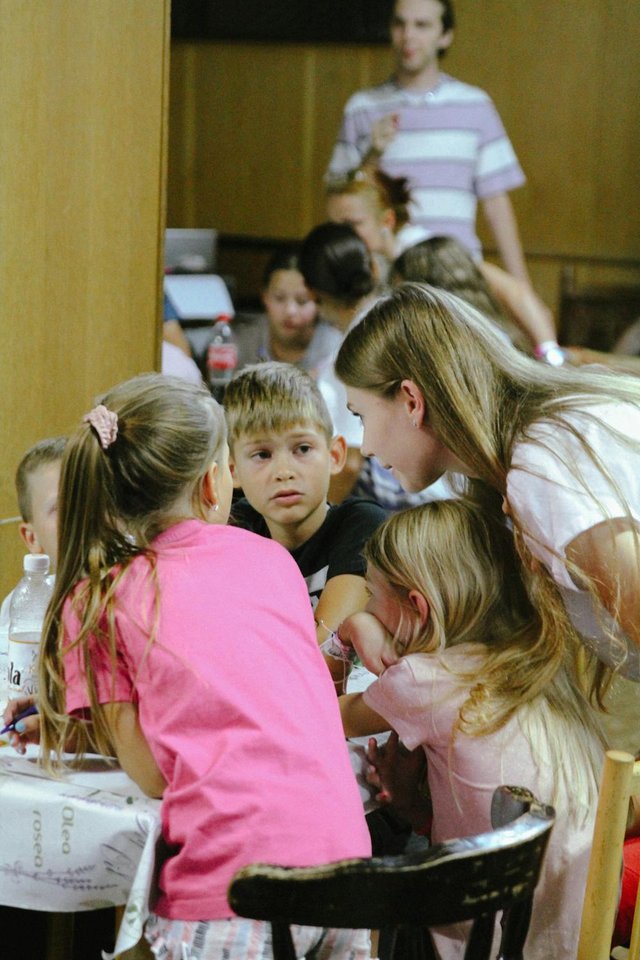Building an Excellent Communication Skill with your Little One.
Building a healthy communication skill begins at home since children spend more time with members of the family. Communicating with a child goes beyond just the words that you say, it goes as far as, the tone of your voice, the hugs and kisses you give, to even the looks in your eyes while you speak or act. The method we use to communicate with a child is very important, it shapes the child's emotional relationship, the way to communicate with other people, as well as the way they get to relate with others later in life.

Pexels
Communication can take two forms; verbal and nonverbal types of communication. Verbal is the use of words to communicate, the dialect used, and even the tone used in communication.
Nonverbal means of communication, on the other hand, is the intentional and non-intentional use of facial expressions, hand gestures, personal touch, eye and contact. Little children who are just learning to communicate may not want to talk a lot, and they may require some encouragement and modification to make their communication skills smarter and better.
As a parent or caregiver, you need to learn to discuss more with your child. Talk about their interest, where you are going during a car ride, and the ingredients to the meal you are preparing in the kitchen.
Recalling and sequencing are two skills children tend to struggle with a lot, but asking them questions about how their day went at school, the things that were of interest to them and those they disliked will help them build those skills. , Also tell your child about how your day went, maybe you went shopping or you went to visit a friend.
You should speak clear and understandable languages to your kid depending on their age. Stay away from derogatory words, be as positive as much as you can. Every conversation you have with your child is important, they are learning from it so remember to make them feel loved and respected.
Give your child room to express himself/herself without judging them. They may express how they feel nonverbally, you must let them know what their reaction means. Let them know they are either happy, sad, proud, hungry, or irritated.
Parenting can be overwhelming especially as your kids grow up and you are still trying to get on with daily lifestyle matters, learning to have time for fun will help your kids understand that life does not have to be too serious all the time, on the other hand, you will be able to relax more too.
Being specific about accolades is very crucial too, when they do something worthwhile, the use of words like good job, good boy or nice work will make them feel special and these words stick to their minds gradually as they become eager to hear more of it while they do the right thing. Even if you would condemn an act they didn't do well, encourage them for the ones they have done well first.
Whenever you are scolding your child for doing something wrong, focus on the action and not on the individual. Be specific about what they have done wrong actually and scold them for it and not make them feel like a terrible person altogether.